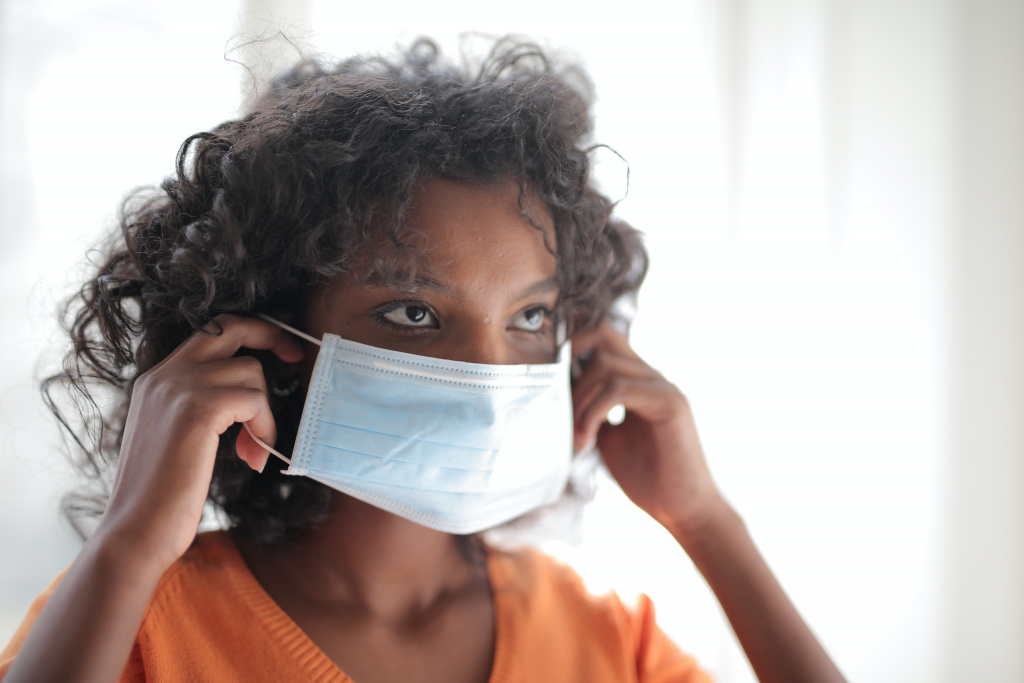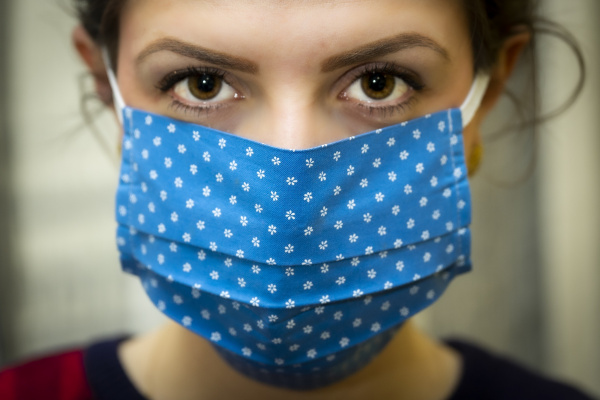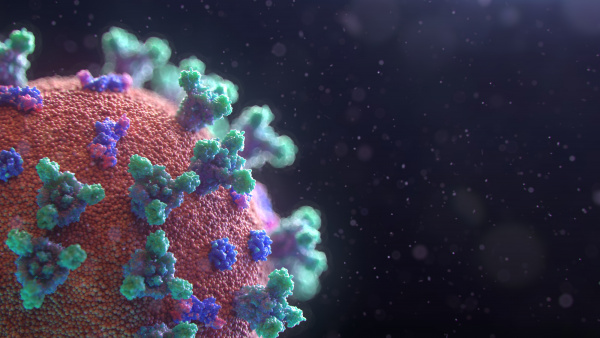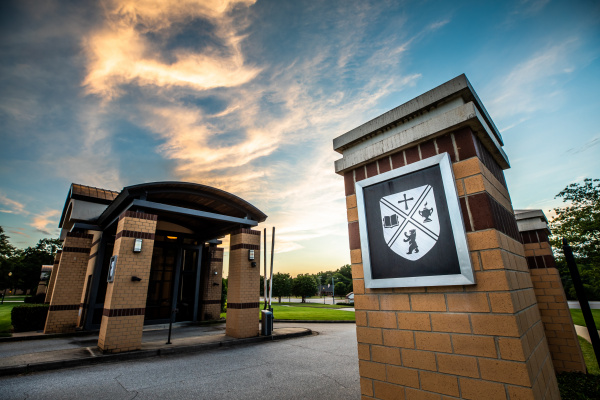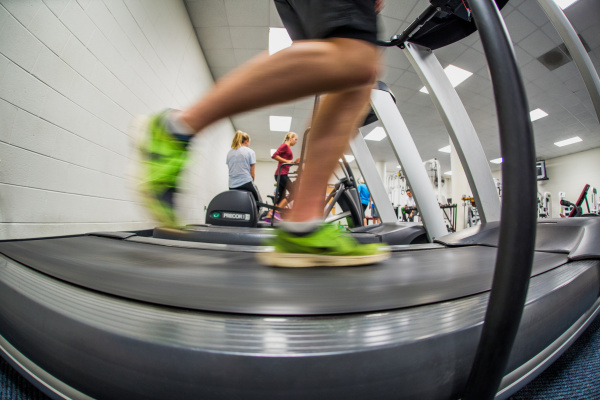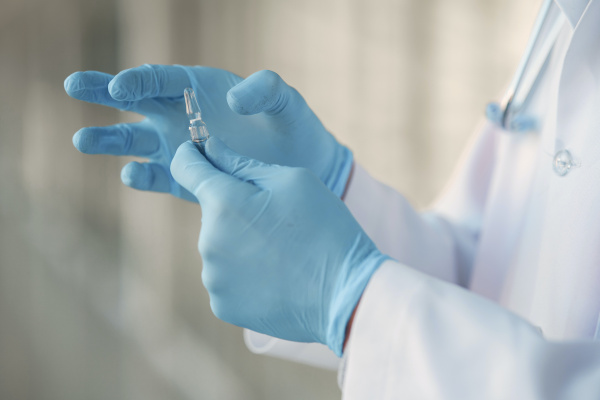There has been tremendous debate concerning the effectiveness of masks at preventing the spread of COVID-19.
Different nations have given various guidelines concerning the wearing of masks during the pandemic, trying to balance the priorities of keeping their citizens safe while also keeping a sufficient supply of masks available for health care workers and those who have been infected with COVID-19. Cultural differences concerning the wearing of masks have led to increased tension in this already uneasy situation. But how effective are face masks at stopping the spread of COVID-19?
Consider how COVID-19 is spread
One of the main ways in which COVID-19 is spread by respiratory droplets. Droplets are spread when infected people cough or sneeze, and they can easily spread to anyone in close proximity. Furthermore, they can remain on surfaces after landing, making it easy for other people to become infected after touching those surfaces.
Consider WHO and CDC guidelines
The World Health Organization stresses how important it is for symptomatic individuals and health care workers to wear medical masks. However, the organization states that there is currently little evidence to show that masks can keep healthy people from becoming infected with COVID-19 or other respiratory viruses. Cloth masks have been found to be less effective than medical masks at preventing infections among health care workers, and it remains to be seen whether cloth masks are truly effective against the spread of COVID-19 in the community.
However, the CDC recently recommended that all people, including those with no symptoms of COVID-19, wear face coverings in public, even if those coverings are simply cloth masks in order to prevent community spread of the disease.
A recent study performed in South Korea showed that neither cloth nor surgical masks were able to stop the virus from spreading into the surrounding area when an infected patient coughed. However, it is possible that the masks at least kept the virus from spreading out into as large an area.
Consider studies done of SARS-CoV
Many of the conclusions regarding whether masks should be worn to prevent the spread of COVID-19 have been drawn from previous studies concerning SARS-CoV, the coronavirus responsible for the outbreak of severe acute respiratory syndrome in 2002. Masks were found to be effective at preventing the spread of SARS-CoV as long as the masks were used properly. However, it must be noted that studies finding masks effective against this virus utilized masks such as N95 respirators, not cloth face coverings.
Regardless of whether masks are effective at helping prevent the spread of COVID-19, the WHO stresses that masks alone cannot completely prevent the spread of the disease. In fact, the organization warns of the false sense of security that the wearing of masks can create.
It is probably best for everyone to wear some kind of face covering in public in accordance with current guidelines, but it is vital that people follow all guidelines, including frequent hand washing, and do not simply rely on wearing masks to prevent the spread of COVID-19.


